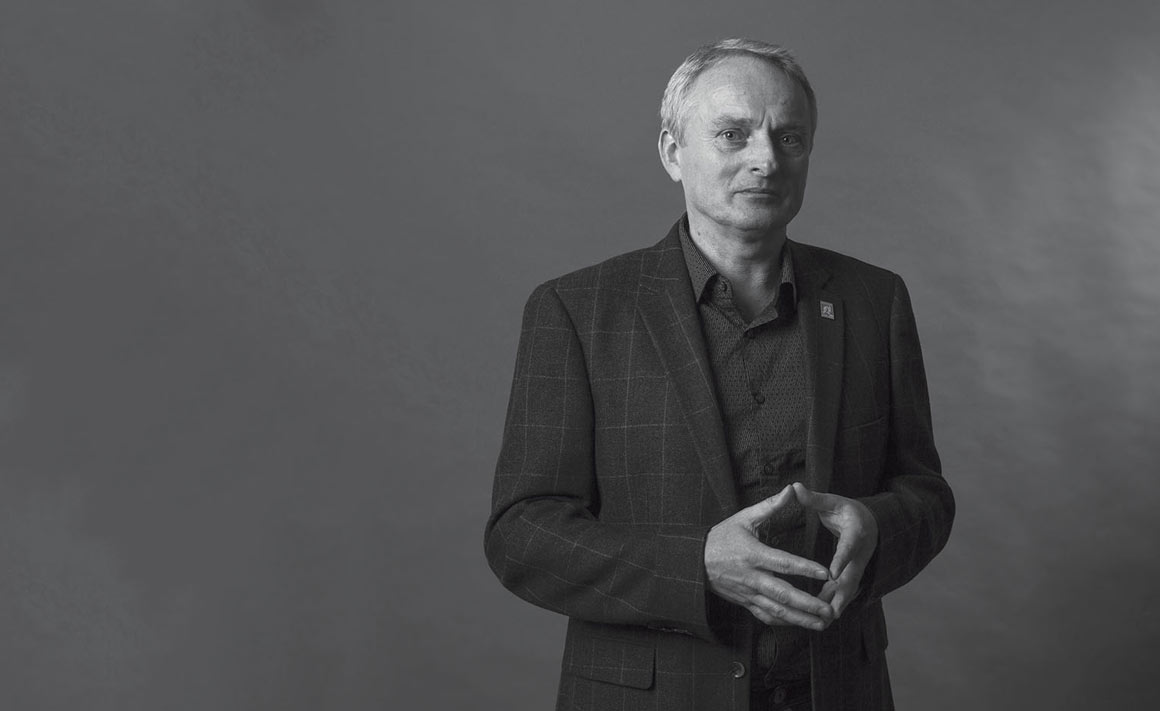 Monday 3 February 2014 9:28am
Monday 3 February 2014 9:28amOtago researchers are leading the way in exploring real-world applications for augmented reality.
New Zealand has the potential to be a pioneer in developing augmented reality innovations – with the Otago Business School's Information Science Department already at the forefront of researching real-world commercial applications that could have significant impact on society.
Augmented reality (AR) is where the view of a physical, real-world environment is augmented or supplemented by overlaid computer-generated visuals. Experienced through a head-mounted display, for instance, it places images of both the physical world and virtual objects in the user's field of view. The surrounding real world of the user then becomes interactive and digitally manipulable.
Virtual reality, on the other hand, is immersion into a totally digital environment.
The global electronic games industry has embraced this leading-edge technology already; now AR has the potential to revolutionise the way we receive and interact with digital information.
There are many possibilities for AR to be adapted to benefit humankind, particularly in the health field, to help manufacturing processes, and in communication and collaborations.
Professor Holger Regenbrecht, who has become world recognised in the fields of virtual and augmented reality after 20 years' work in the field, leads research projects at Otago that have the potential to improve health and well-being. This work includes:
- Researching ways to combine real and virtual experiences to provide greater control in rehabilitating people who have suffered unilateral health problems such as strokes
- Looking at interaction, studying handling objects in virtual reality compared with real-life
- Looking at some of the neurological activity behind responses to AR processes
- Building novel rehabilitation systems that incorporate AR.
He is currently involved in a project exploring the potential for AR to help plan factory fit-outs, looking at ways to simulate the process of supplying parts to a production chain, which ultimately will improve workplace ergonomics, save time and costs, and improve productivity.
Alongside this, Regenbrecht is also looking at theoretical and conceptual questions around augmented reality, given the important legal, ethical, social and psychological implications that society needs to address to make it work in practice.
He and his colleague, Dr Tobias Langlotz, are particularly interested in the many technical and interactive issues starting to arise, such as how virtual content mixes with the environment, and how people interact with that, be it, for instance, speech, gestures or eye gaze.
He is also examining the theory of presence – where you feel you are actually in the virtual reality situation in front of you. While presence is well researched in purely virtual worlds, it is not well described, nor understood, in the augmented reality mix of virtual and real worlds. Building knowledge on what this means is an exciting new field of research that will help to support new developments.
Regenbrecht has spent several months of 2016 working with AR researchers in Europe, including extending a collaboration between Otago and Berlin on an AR project to treat stroke patients.
He is, therefore, well positioned to see the huge potential and knows New Zealand is well able to contribute to knowledge on the world stage and even to become a global augmented reality laboratory.
“We can't just respond to developments already in the marketplace; we have to anticipate – research has to be five to 10 years ahead of what's commercially available and being developed now. We can be at the forefront of what augmented reality is capable of doing to help society."
“We need to be telling health professionals or manufacturers what they could be doing and explaining how it would work before they've even thought of the possibilities.”
Funding
- University of Otago
- Royal Society of New Zealand
- Brain Research New Zealand